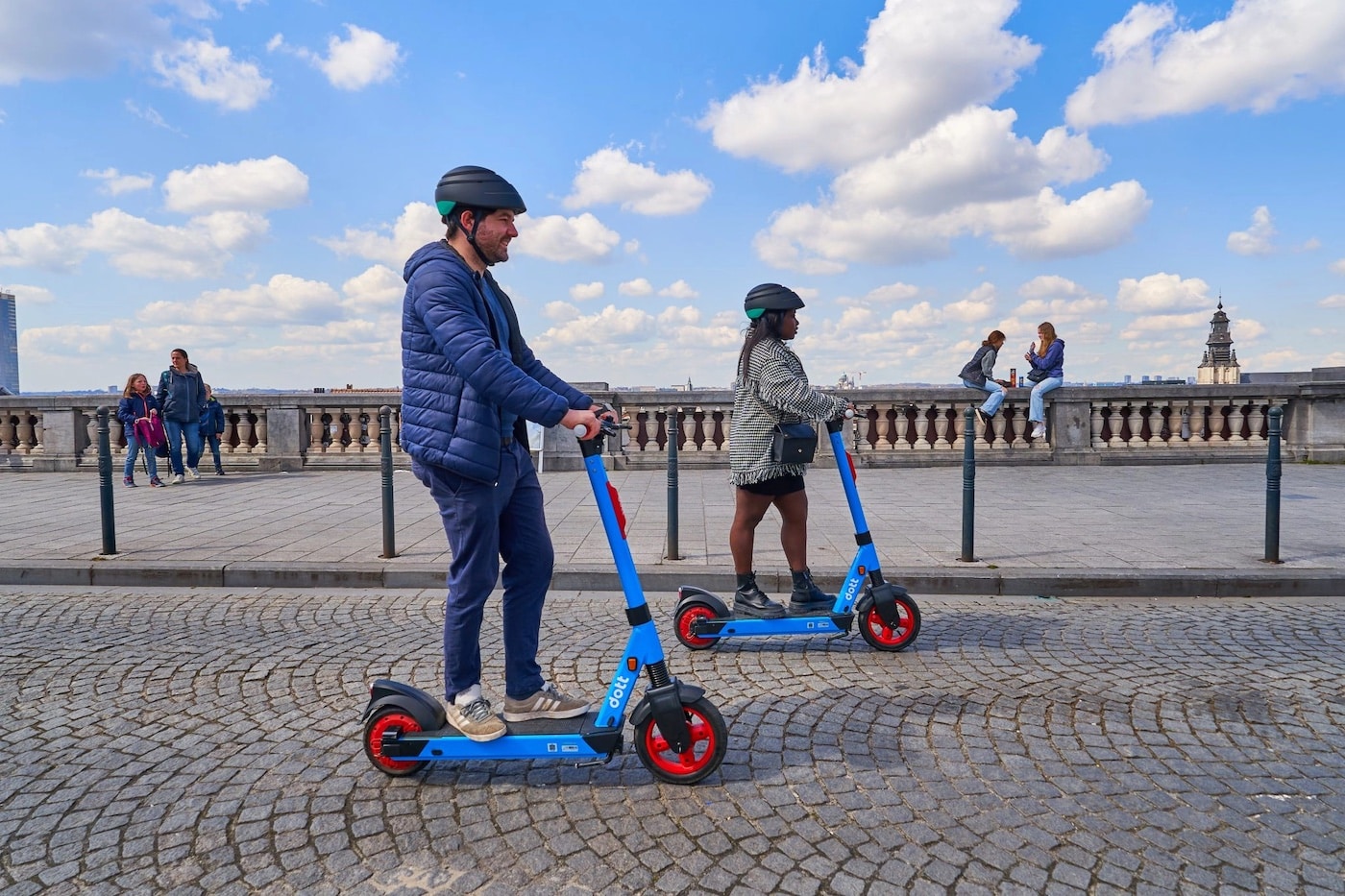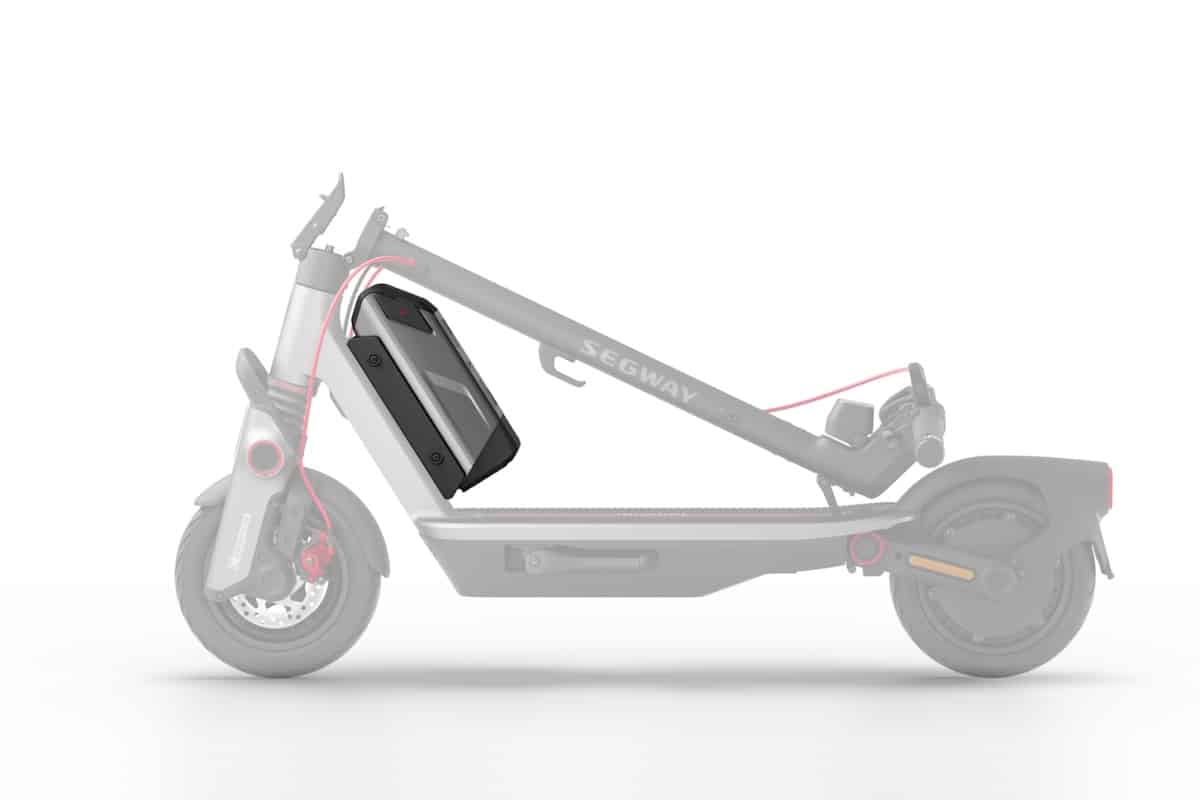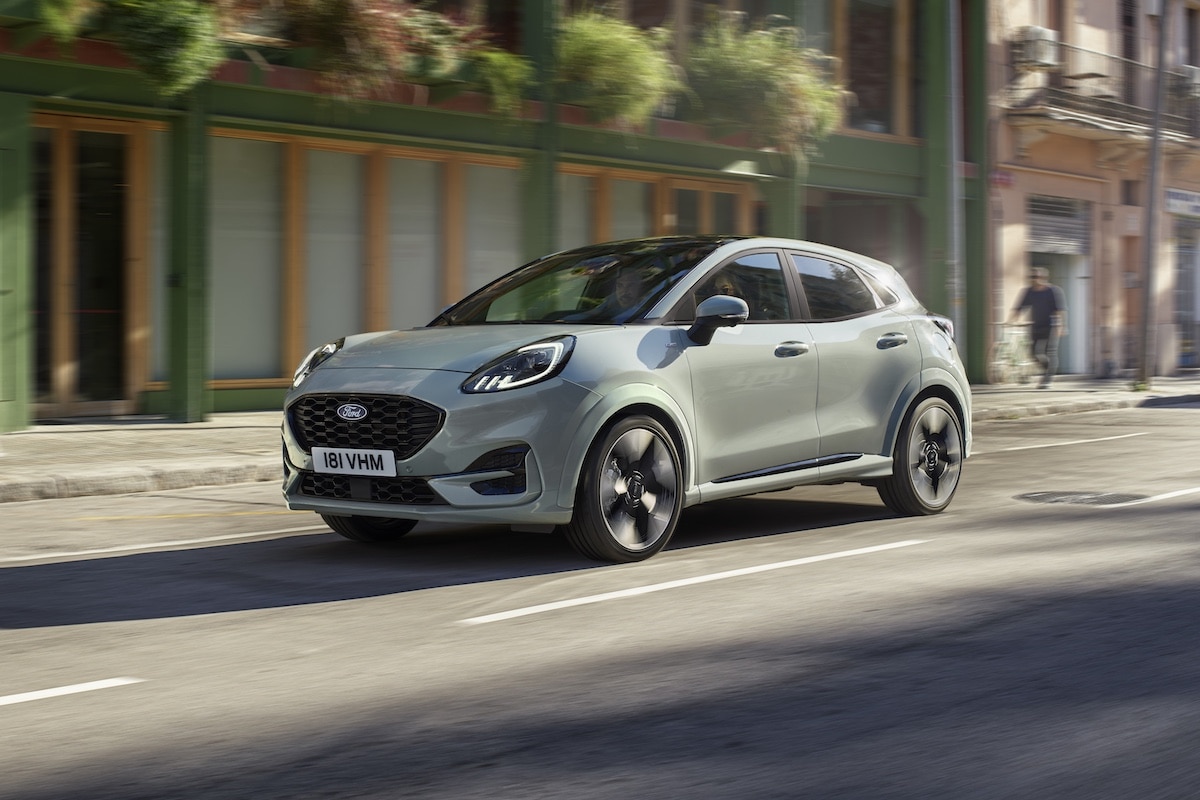Unlimited scooter ban in Paris: “Everywhere we’re told to share resources, and we’re forced to buy a scooter?”

The anger is mounting among the 400,000 regular users of free-floating scooter services in Paris. Concerns are raised about the impact on employment and the ecological inconsistency.
“Tell us what you need, and we’ll tell you how to do without it.” This quote from Coluche—and from Anne Hidalgo, the mayor of Paris—fits perfectly with the situation resulting from the ban on scooter services in Paris after years of promotion by the City Hall of Paris to encourage abandoning cars in the city. Looking for logic? You’re not alone…
This schizophrenia of the Parisian city hall mainly irritates operators like Dott, Tier, and Lime, who have invested millions of euros deploying a dead-on-arrival service. The ban also poses a serious threat to jobs. These three companies employ around 800 people to maintain a combined fleet of 15,000 scooters and about 30,000 bicycles. These figures alone demonstrate the scale of needs in a global capital where millions move daily for work or tourism.

Because the smear campaign against scooters, led directly by the City Hall, had started to darken the skies for operators for months, “all our mechanics are trained on both vehicles (scooters and bikes).” said Hadi Karam, CEO of Lime France. Will this be enough to avoid layoffs? Cynicism and the need for profitability in a private company to avoid bankruptcy—contrasted with public service—will be the only judges.
Among the users of free-floating scooters—400,000 monthly regulars—there’s admission of not having traveled to vote because the debate was unnecessary… or it should have also included bicycles. Which are no more environmentally virtuous because they are electric. “What exactly is being criticized about scooters?” questions one user interviewed just steps from the Mobiwisy newsroom, “Is it just because they symbolize laziness? Why work up a sweat to justify a trip? Tired of this culture of forced guilt imposed by the City Hall! We can arrive at the office without stinking of sweat!“
Just like a predator waiting for prey at a watering hole in the savannah, it takes only a few minutes to ask another user the same question. “The message is unclear: we’re constantly told about overconsumption and obsolescence of electronic devices. Everywhere, we’re encouraged to share goods, stop buying selfishly, and yet they force us to buy a scooter? That’s totally idiotic. I just came back from London, and it’s the opposite: owning a scooter is banned, only shared models are allowed to circulate. Go figure! Probably a French cultural exception…“
These words are not empty: today, shared scooters are installed in 250 cities worldwide, and Paris is the first to ban them. Flipping the logic: it works everywhere else, except in Paris. Wouldn’t some self-criticism about civic irresponsibility and ignoring traffic rules have been useful before making such a decision and throwing the baby out with the bathwater?
While public transportation remains unreliable—intervals between buses and metros have skyrocketed—and tourists are returning after three years of Covid, and the 2024 Olympic Games will require a mix of mobility solutions, the ban on free-floating scooters was perhaps not an urgent issue…
READ ALSO: After scooters, Paris targets the left lane of the périphérique
This page is translated from the original post "Interdiction trottinettes libre service à Paris : “Partout on nous dit de partager les biens, et on nous oblige à acheter une trottinette ?”" in French.
We also suggestthese articles:
Also read






